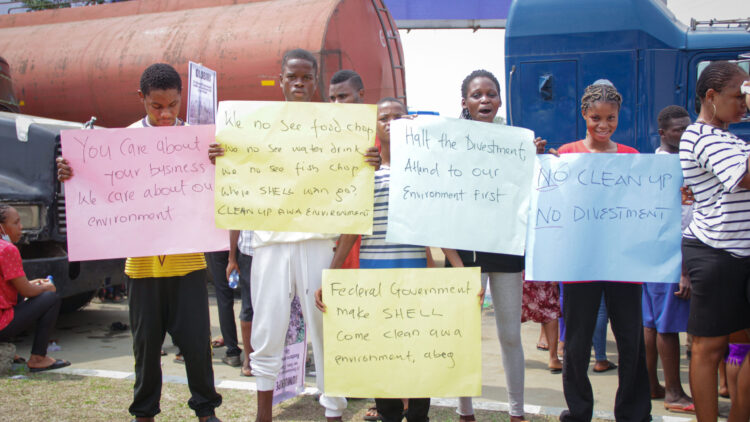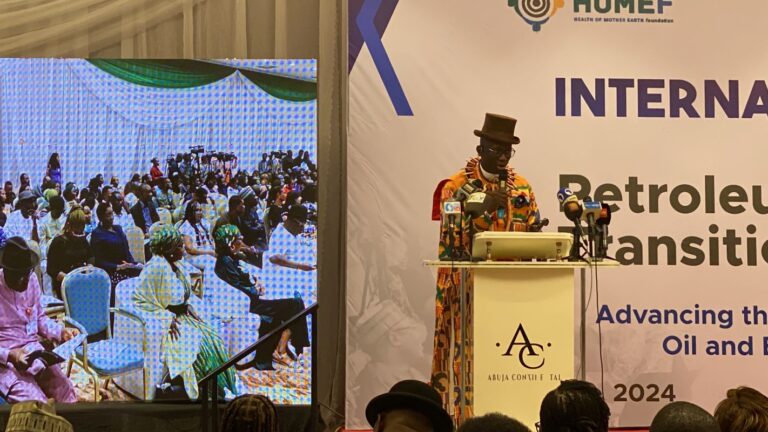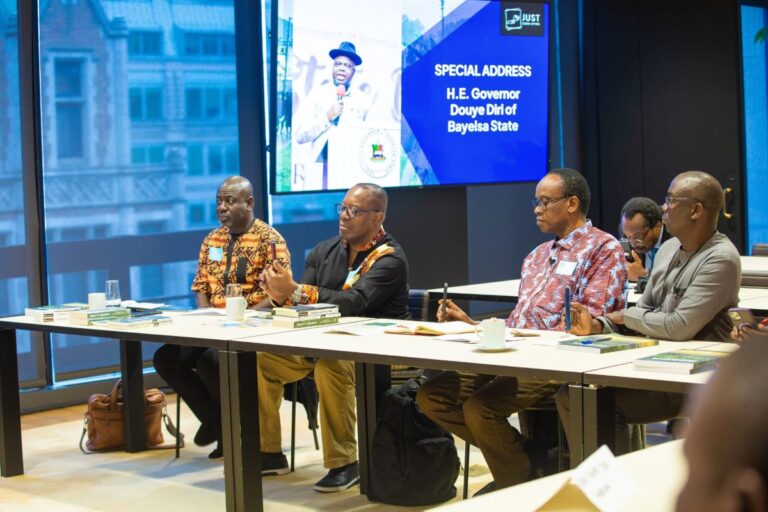CSO Strategize to Halt Shell’s Divestment of Oil and Gas Assets in SPDC Joint Venture
In a bold move to strategize on how to prevent the planned divestment of Shell’s oil and gas assets in the SPDC joint venture, a group of civil society organizations within and outside Nigeria organized an online meeting. The virtual meeting, initiated by Social Development Integrated Centre and Social Action, was moderated by Prince Edegbuo, the Senior Program Officer of the organization. During the meeting, several key strategies were discussed in relation to the divestment plan, emphasizing the need for civil societies and concerned organizations to intervene and ensure a proper cleanup before SHELL diversifies.
The team collectively agreed on the following actions:
- Advocate Engagement: Engage with all necessary stakeholders, including community members, traditional rulers, and political officeholders.
- Thorough Involvement: Actively participate in the divestment process and closely monitor its progress.
- Freedom of Information Request: Immediately submit a freedom of information request to obtain details about the divestment plan.
- Multi-Dimensional Strategy: Employ a multi-dimensional approach to address legal challenges.
- Public Hearing and Media Use: Conduct public hearings and leverage various forms of media to raise awareness.
The team emphasized the importance of transparency throughout the divestment process. Additionally, they called for an understanding of the social responsibilities of oil companies in the Niger Delta. If the divestment process proceeds, it should meet all necessary requirements. However, several challenges were considered, including the autonomy of state governments over local governments and legislators. To address this, community members must share the impact of oil spills on their communities and call on leaders to ensure proper cleanup.
Furthermore, the team stressed the need to use all available resources to secure justice for host communities affected by years of environmental degradation. They proposed the following advocacy efforts:
- Advocacy Visits: Schedule visits to all relevant parties involved.
- Correspondence: Write to the offices of state governors, local government chairmen, and the Nigerian National Petroleum Corporation.
- Committee Formation: Create a team committee to oversee national advocacy efforts, freedom of information requests, and organize press conferences.
The call for action comes at an opportune time, as the divestment process awaits approval from the federal government. Transparency is crucial, and citizens must understand the intricacies of the process. While seeking greener energy alternatives, it remains essential to address the loss of livelihood and environmental degradation experienced by host co





